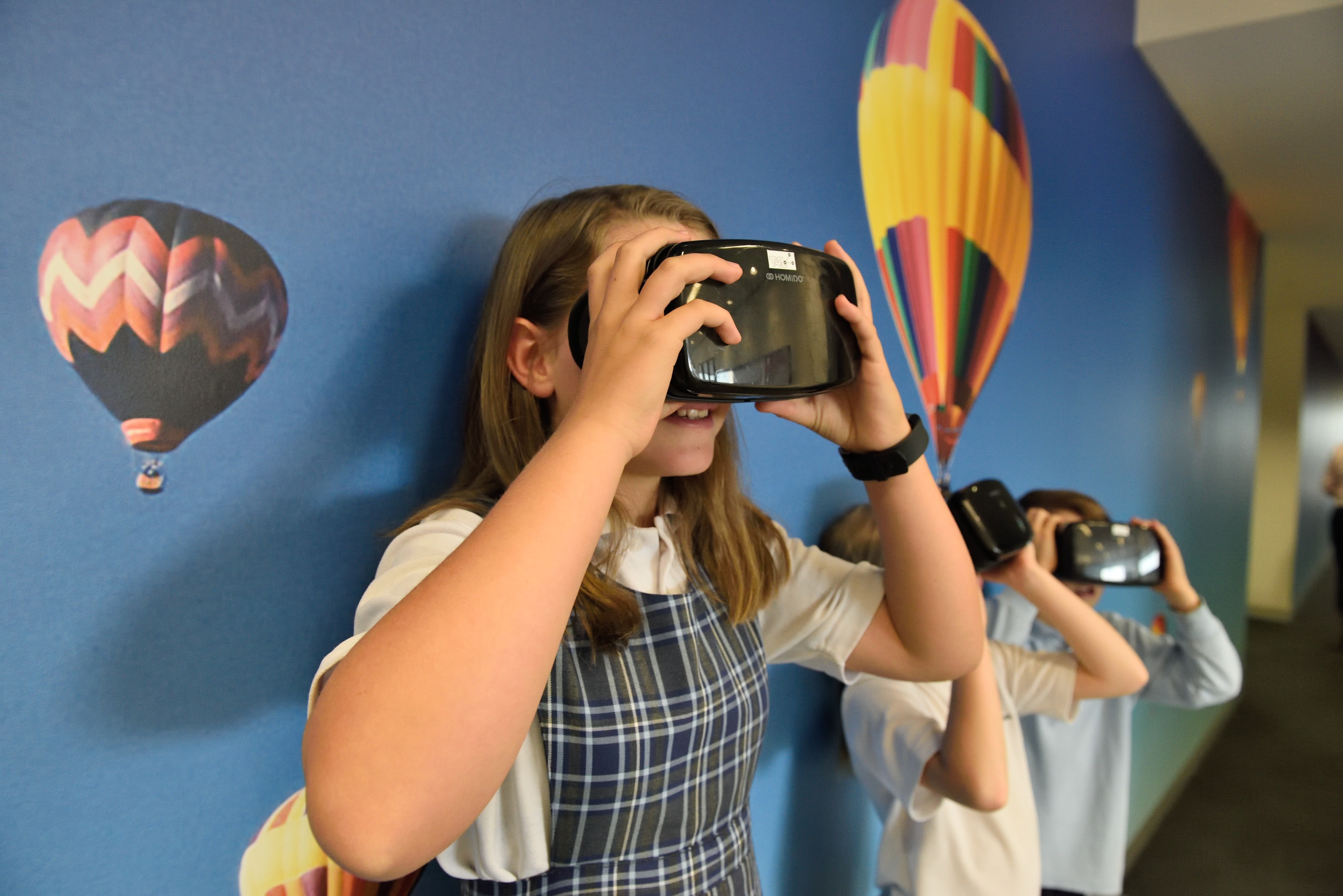In India, teaching-learning dynamics is different from the rest of the world to a great extent. This is mainly due the fact that the concept of ‘Guru-Shishya’ tradition still plays an important role in our lives from an early age. Hence, teaching and learning is more inclusive and personal in our country and it goes far beyond the walls of classrooms. This is also another reason why the education system is not just about degrees and grades, but it rests on the idea of deep learning.
The advancement of technology and global digitization has made it even more easy for us to assimilate, impart and consume knowledge, while keeping the basic tenets of learning & teaching intact.
Then came the global pandemic and it threw new challenges which changed the landscape of teaching pedagogy forever. But the strong foundation of philosophy on which our education system rests, showed us the right path to redefine strategies and create a whole new world of possibilities.

The journey started with the advent of online classes and in no time, it became part of the ‘new normal’. Though it kept the balls rolling, the deeper engagement between the students and teachers were missing. Though the digital mediums have come to the rescue to many, the students of junior classes found it difficult to cope up with the change. Here lies the importance of ‘innovative teaching’ which not only put things in perspective but also brought in a wave of positive transformation.
 Virtualization is a major source of this transformation which enabled schools and institutions to the extent that the classrooms have literally transformed into learning workshops where virtual experiences paved the way for excellence. A lot of educational institutions have completely shifted to virtual modes by setting up virtual rooms and the realism is even more integrated and experiential. It not only enhanced activities including responding to challenging tasks and content but also introduced holistic student-oriented, supportive practices and comprehensive teacher-directed practices that provide structure and clarity.
Virtualization is a major source of this transformation which enabled schools and institutions to the extent that the classrooms have literally transformed into learning workshops where virtual experiences paved the way for excellence. A lot of educational institutions have completely shifted to virtual modes by setting up virtual rooms and the realism is even more integrated and experiential. It not only enhanced activities including responding to challenging tasks and content but also introduced holistic student-oriented, supportive practices and comprehensive teacher-directed practices that provide structure and clarity.
Another fine example of changing teaching pedagogy through virtual means is collaborative co-teaching practices. It proved to be an effective teaching-learning practice, especially when everyone is connected remotely. Virtual platforms, integrated features and AI enabled systems have made it easy for multiple teaching professionals to engage themselves with learners to provide well planned and systematic evidence based instructional experiences. It’s been observed that these virtual teaching-learning sessions are more effective than individualized classroom teaching. Various curriculum-based themes have been imparted through virtual experiences and it is sometimes far more appealing and interesting to students.

The best part of the development is that technology allowed schools and institutions to teach differently, to meet new needs as well as old ones. Students also got exposed to the possibility to learn differently, with access to mobile delivery, new methods of assessment, digital content, learning analytics to measure performance, and interact and communicate with peers around the world in real-time. The shift from physical classrooms to virtual rooms has not only empowered students, but also enabled them to take active part in the sharing of knowledge and shaping their own learning in a global and fast changing environment.


